As Magyar Nemzet previously highlighted, Angela Merkel visited Hungary ten years after the outbreak of the migration crisis. Mr. Orban welcomed the former Chancellor of the Federal Republic of Germany in his office at the Carmelite Monastery. “Once a chancellor, always a chancellor with us,” PM Orban wrote on his social media.
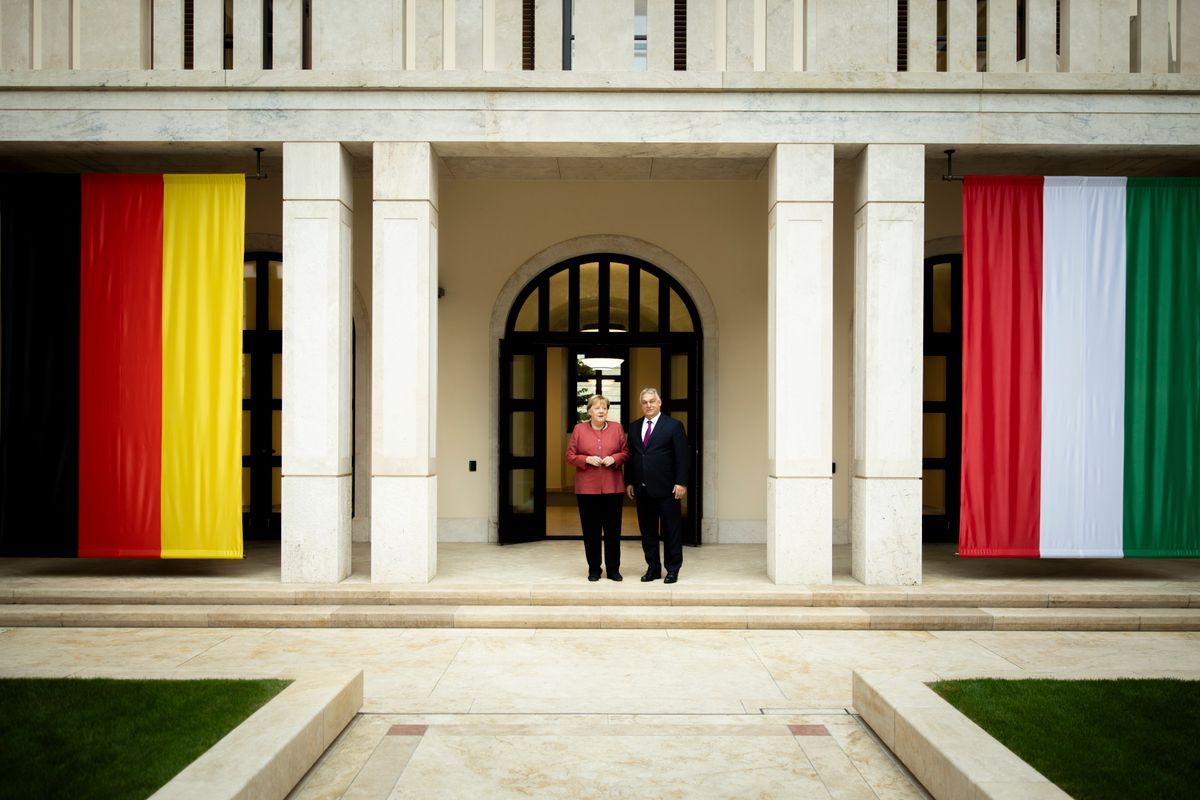
Angela Merkel gave an interview to Partizan where, in response to host Marton Gulyas’s question on whether Mr. Orban had told her that he believed Putin would not have attacked Ukraine if he had been Germany’s leader at the time, she replied:
“When we speak with each other, it is always confidential, so I will not disclose that,” said the former chancellor.
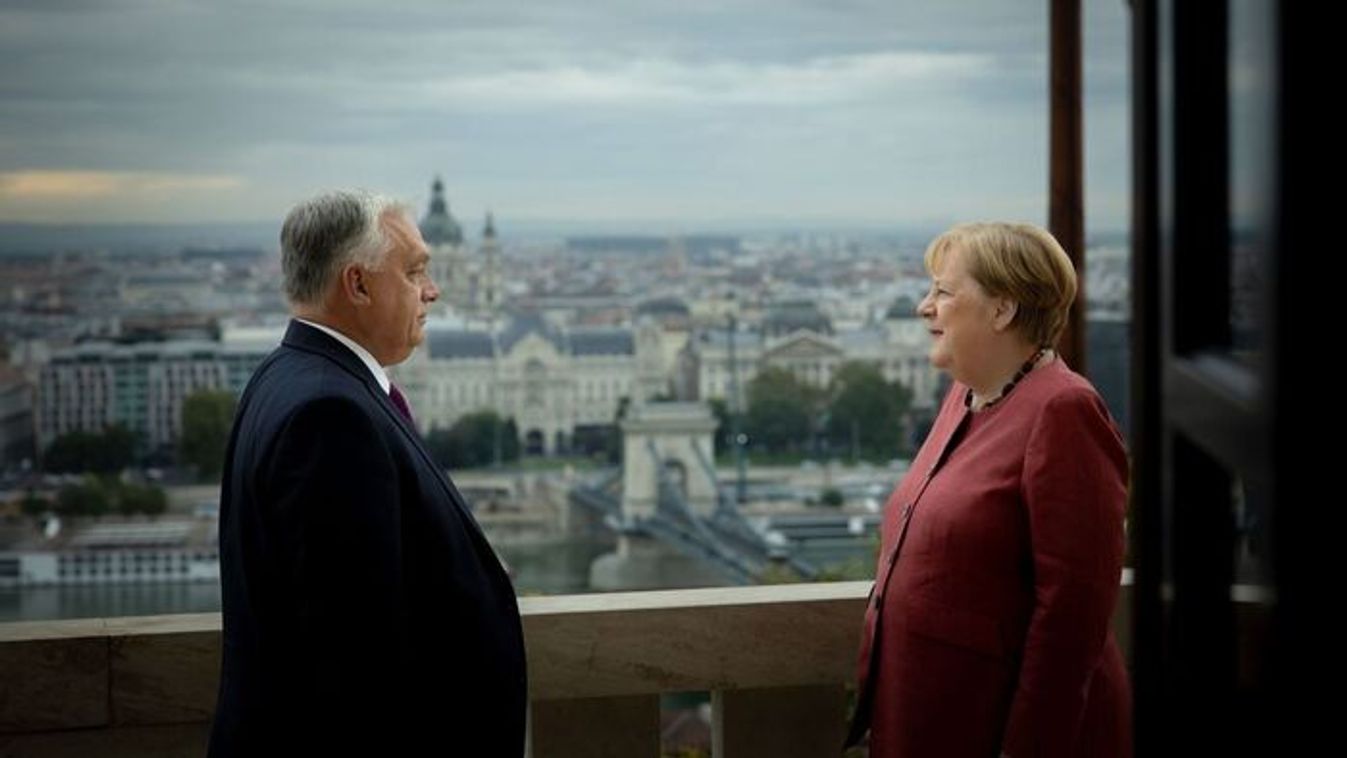

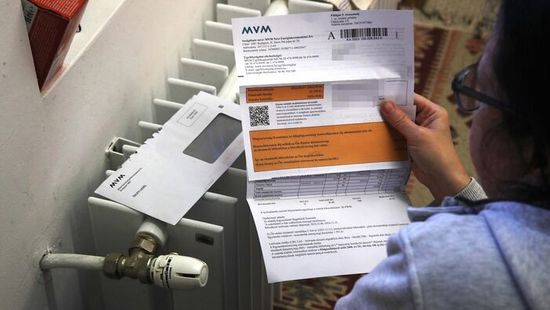
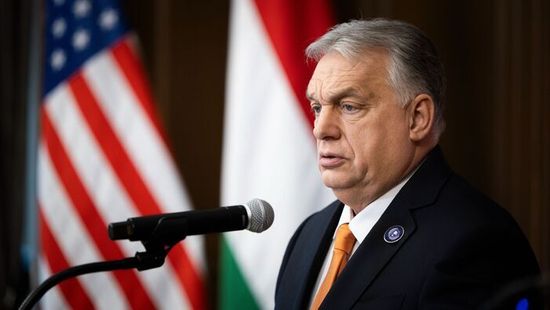
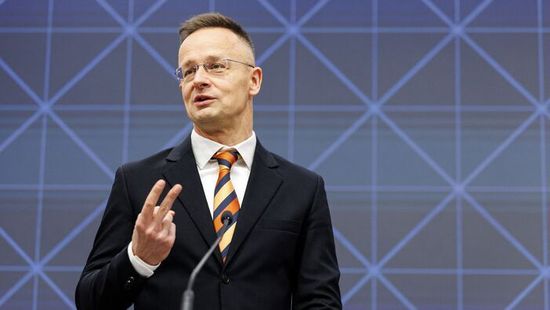

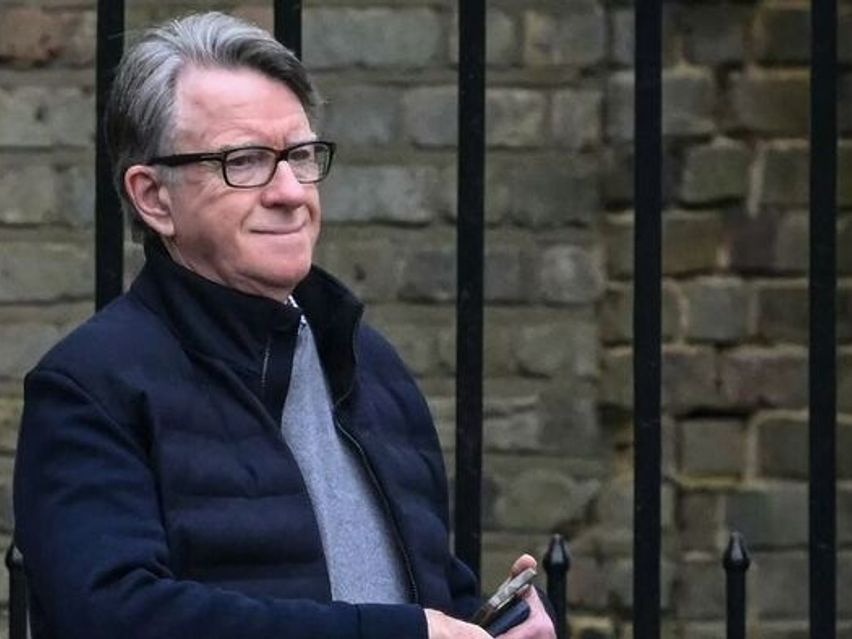
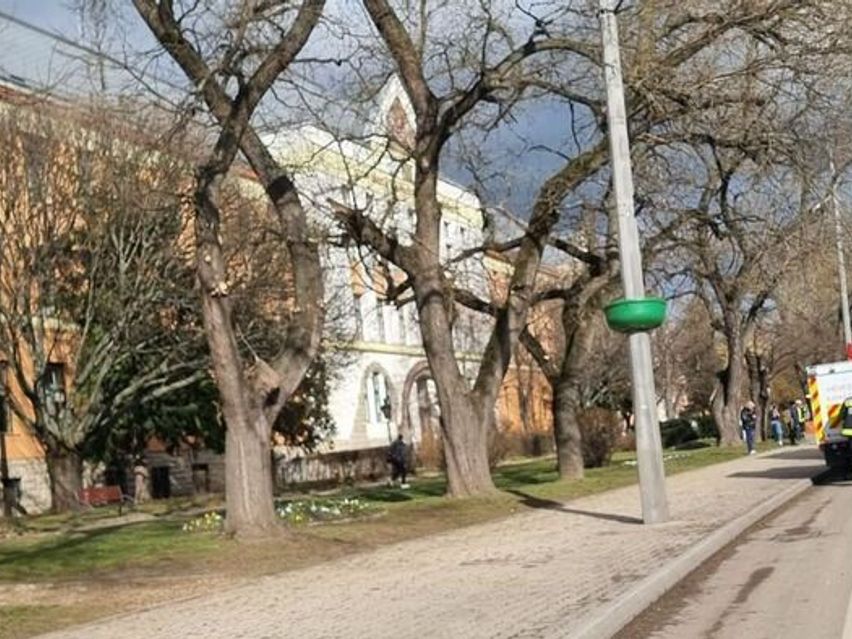
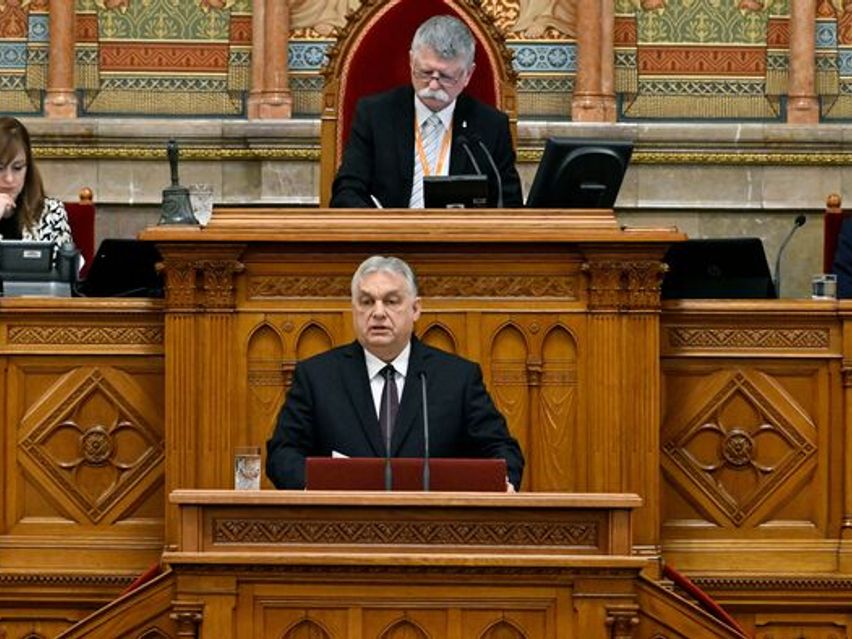
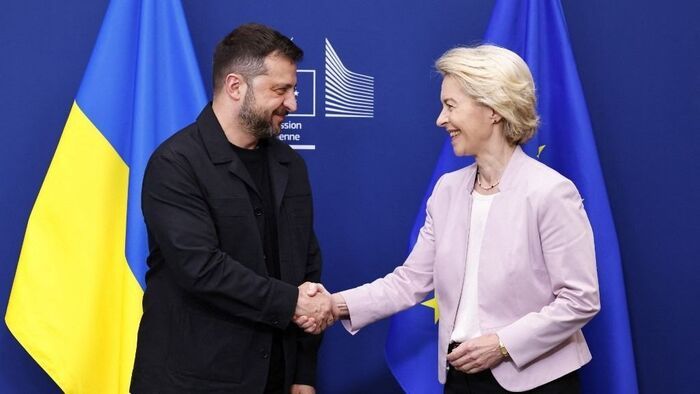

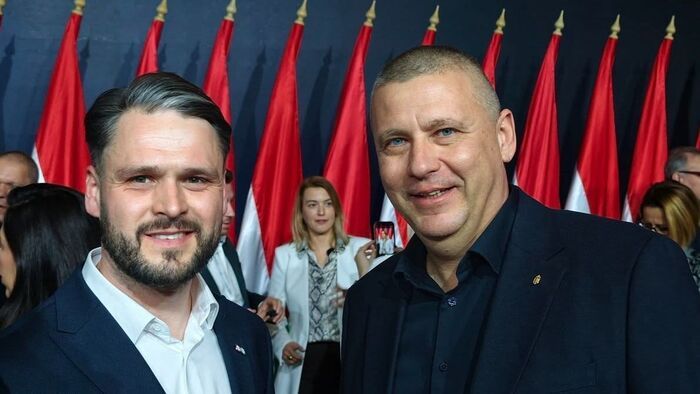
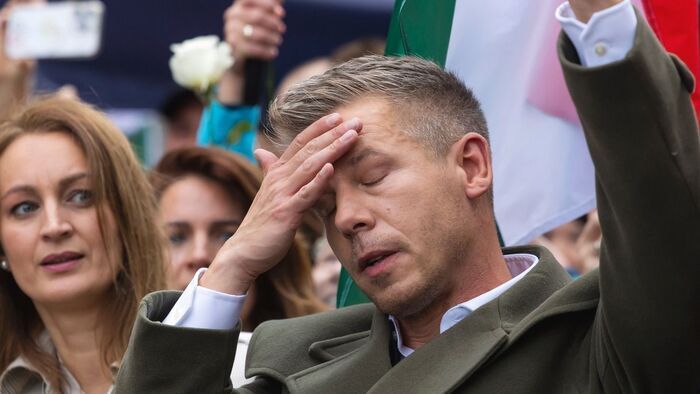
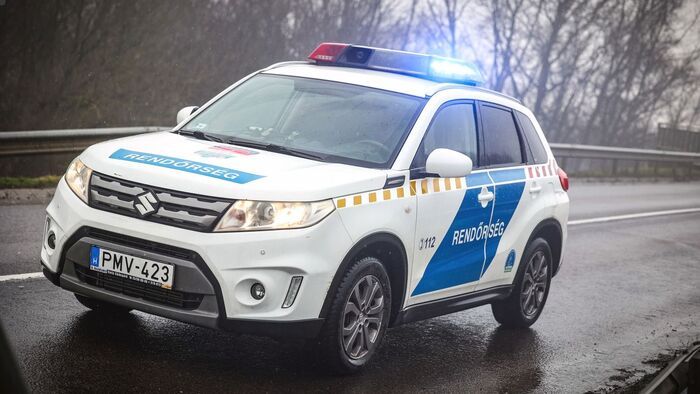
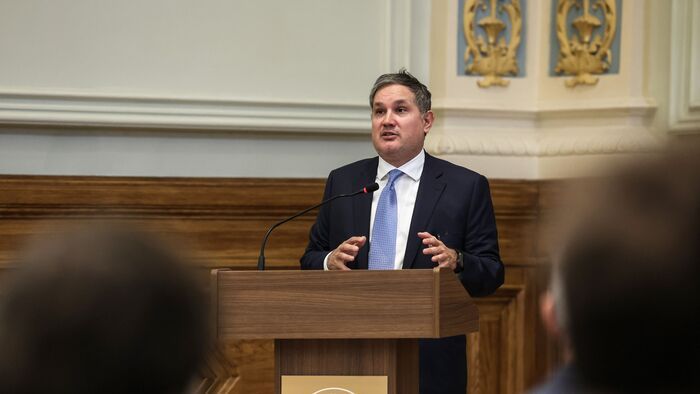
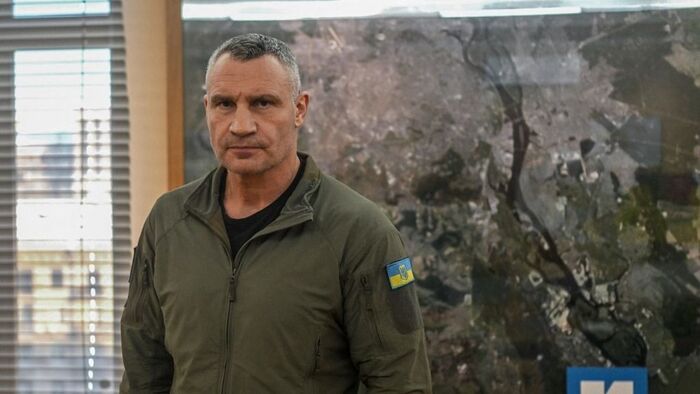
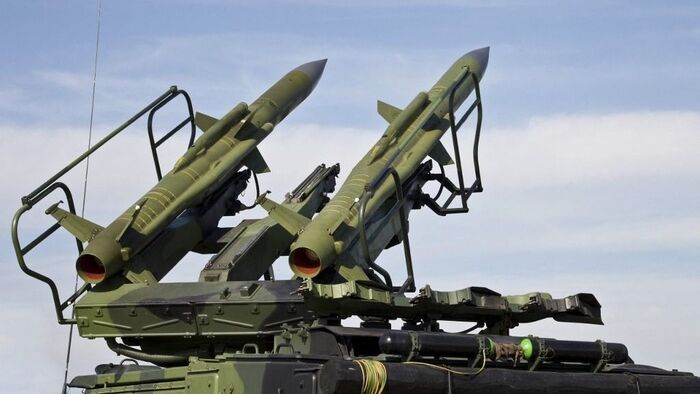
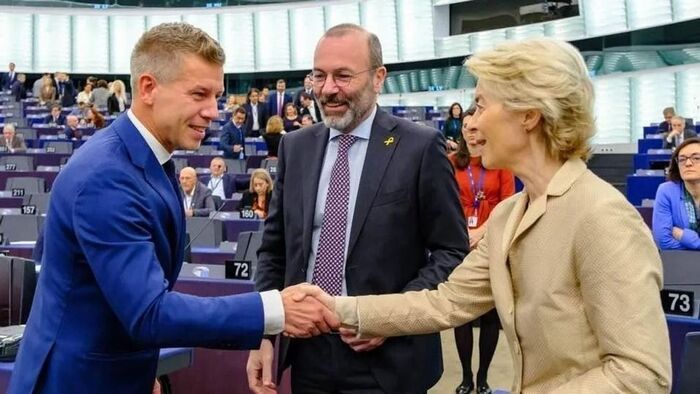

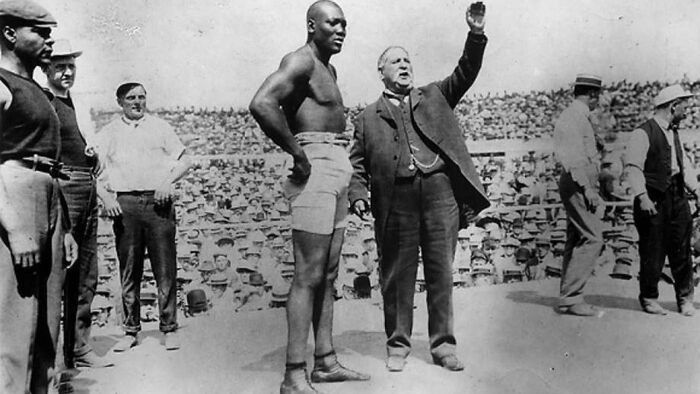
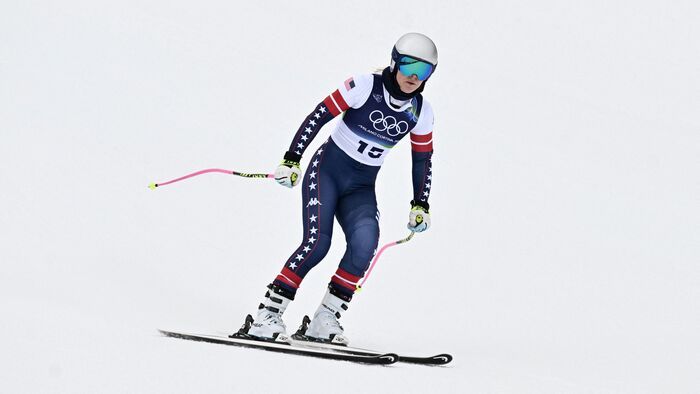


Szóljon hozzá!
Jelenleg csak a hozzászólások egy kis részét látja. Hozzászóláshoz és a további kommentek megtekintéséhez lépjen be, vagy regisztráljon!